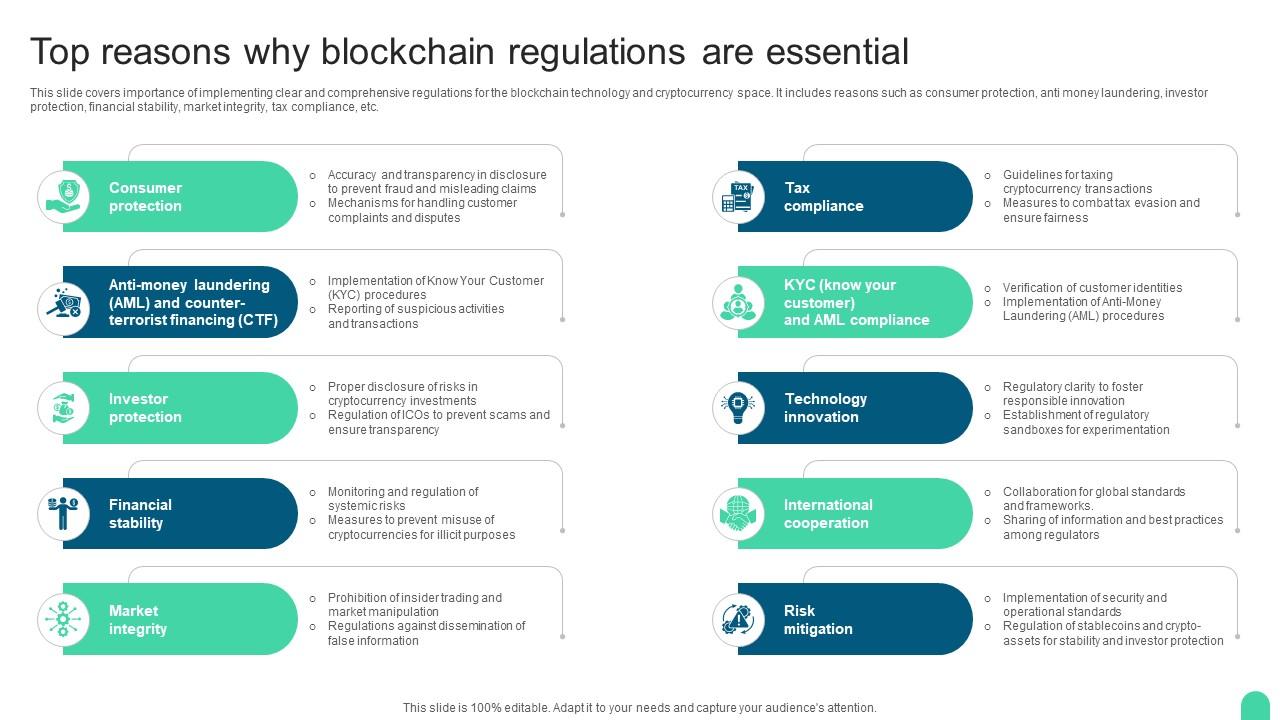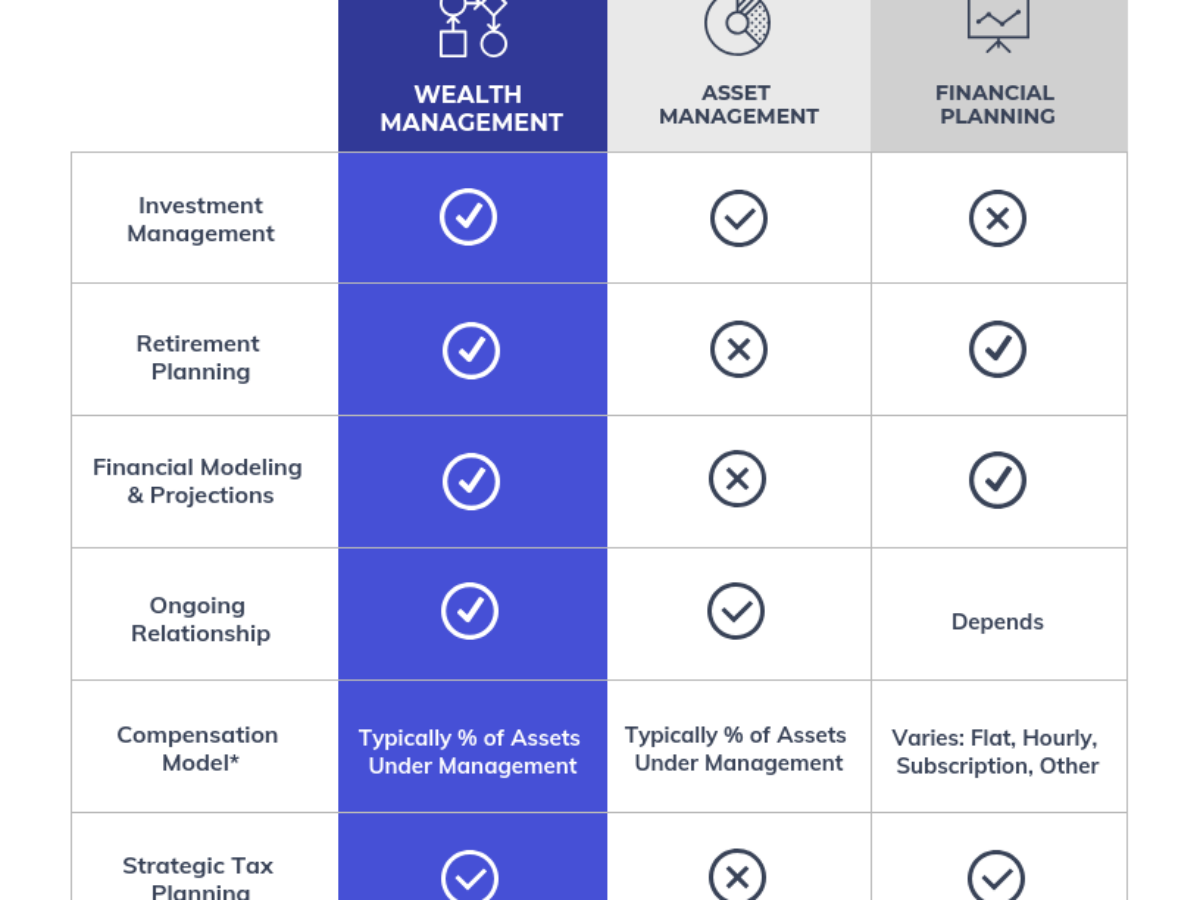Confused about crypto taxes? Our comprehensive guide is your key to understanding crypto margin trading loss tax, stablecoin IRS reporting, and the benefits of a cryptocurrency tax attorney consultation. According to a SEMrush 2023 Study and the IRS, accurate reporting is crucial to avoid audits. With our guide, you’ll learn how to classify losses, pick the right forms, and use top – rated tax software. We offer a Best Price Guarantee and Free Installation of our recommended tools. Don’t miss out on this chance to ensure your crypto taxes are in order!
Tax treatment of crypto margin trading losses
According to a recent study in the cryptocurrency tax space (unfortunately, specific source awaiting confirmation), a significant portion of crypto margin traders experience losses at some point in their trading journey. Understanding the tax treatment of these losses is crucial for proper tax compliance.
General concept of losses and reporting
Capital gains and losses classification
In the world of cryptocurrency margin trading, capital gains and losses are classified based on the difference between the purchase and sale price of the crypto assets. If you sell your margin – traded crypto at a higher price than you bought it, it results in a capital gain. Conversely, selling at a lower price leads to a capital loss. For example, if you bought Bitcoin on margin at $50,000 and sold it at $40,000, you have a capital loss of $10,000. Pro Tip: Keep detailed records of all your margin trading transactions, including the date, price, and quantity of the crypto assets involved. This will make it easier to accurately calculate your capital gains and losses.
Writing off losses
You can write off your crypto margin trading losses on your tax return. This helps to offset your capital gains, reducing your overall tax liability. For instance, if you had $15,000 in capital gains from other crypto trades and $10,000 in margin trading losses, you would only be taxed on the net capital gain of $5,000. As per the IRS regulations, taxpayers are allowed to use capital losses to offset capital gains, and if losses exceed gains, up to $3,000 of the excess losses can be used to offset ordinary income.
Reporting requirements
Forms required
When reporting crypto margin trading losses, you’ll typically need to use Form 8949 and Schedule D of your tax return. Form 8949 is used to report the details of each individual crypto transaction, including the date of acquisition, date of sale, proceeds, and cost basis. Schedule D summarizes your capital gains and losses from all sources, including your margin trading activities.
Special rules and limitations
The wash – sale rules bar investors from harvesting tax benefits by selling capital assets for a loss and then immediately repurchasing the same or a broadly similar asset within thirty days of the sale. This applies to crypto margin trading as well. For example, if you sell a particular altcoin at a loss and buy it back within 30 days, you cannot claim the loss on your taxes.
Specific criteria for deducting losses
In order for a taxpayer to take a deduction on a tax return for a loss under Code Section 165, the taxpayer must show evidence of either (1) an identifiable event that supports the fact that there is no current liquidating value of the applicable cryptocurrency or any possibility for future appreciation or (2) some other reasonable indication of the worthlessness of the cryptocurrency.
Impact of margin call on realized loss

A margin call occurs when the value of the collateral in your margin account falls below a certain level. If you’re unable to meet the margin call, your broker may liquidate your positions, resulting in a realized loss. This realized loss can be reported on your taxes. For example, if your Bitcoin margin position is liquidated due to a margin call, and you end up with a loss, you can claim this loss on your tax return.
Key features of specialized software for reporting
There are several tax software options available that are built to support the unique IRS reporting requirements for cryptocurrency. These software solutions can handle US – specific rules around personal – use, mining, staking, and airdrops. They can also integrate with your crypto wallets and exchanges to automatically import your transaction data, making the reporting process much easier. For example, TaxBit is a popular crypto tax software that helps users accurately calculate and report their crypto taxes. Pro Tip: Before choosing a tax software, make sure it offers features that are relevant to your margin trading activities, such as support for margin call events.
Key Takeaways:
- Crypto margin trading losses can be classified as capital losses and used to offset capital gains, potentially reducing your tax liability.
- You need to use Form 8949 and Schedule D to report your margin trading losses.
- Wash – sale rules apply to crypto margin trading, and there are specific criteria for deducting losses.
- Specialized tax software can simplify the reporting process for margin trading losses.
As recommended by CoinTracker, a leading industry tool for crypto tax management, using reliable software can significantly streamline your tax reporting for crypto margin trading. Top – performing solutions include TaxBit and CoinLedger. Try our free crypto tax tool to get an estimate of your taxes for a range of crypto activities including margin trading.
Stablecoin transactions and IRS reporting
Did you know that the IRS has been cracking down on cryptocurrency tax compliance, and stablecoin transactions are no exception? With the increasing popularity of stablecoins, understanding the reporting requirements is crucial for taxpayers.
General reporting obligation
Reporting income on tax return
Stablecoin transactions such as trading, converting, or earning stablecoins as income may trigger capital gains or ordinary income tax. Similar to other cryptocurrencies, when you receive stablecoins as payment for goods or services, it is considered income and must be reported on your tax return. For example, if you’re a freelance designer and receive stablecoins in payment for a project, the fair market value of those stablecoins at the time of receipt is your income. Pro Tip: Keep detailed records of the date, amount, and fair market value of all stablecoin income transactions to accurately report them on your tax return. According to a SEMrush 2023 Study, a significant number of cryptocurrency users fail to report their income accurately, leading to potential IRS audits.
Filing Form 709 for gifts
If you gift stablecoins worth more than the annual exclusion amount, you may need to file Form 709. For instance, if you gift your friend a large amount of stablecoins, and the value exceeds the current annual exclusion set by the IRS, this form must be filed. It’s important to understand the gift tax rules to avoid any legal issues.
Reporting all transactions and record – keeping
All stablecoin transactions, whether big or small, should be reported. This includes purchases, sales, and exchanges. Maintaining a proper record of these transactions is essential. You can use a spreadsheet or cryptocurrency portfolio tracker to record details like the date of the transaction, the amount of stablecoin involved, and the counterparties. As recommended by industry – leading portfolio trackers, having organized records will make the tax – reporting process much easier.
Specific forms for different types of transactions
There are specific IRS forms for different stablecoin transactions. For example, the recently finalized Treasury Regulations require brokers to report certain cryptocurrency transactions on Form 1099 – DA. Taxpayers should be aware of these forms and ensure they are filled out accurately. If you’re unsure which forms to use, it’s advisable to consult a Google Partner – certified tax expert.
Broker – related reporting
Brokers play a significant role in stablecoin reporting. The IRS has new regulations that require decentralized finance brokers to report their gross proceeds from cryptocurrency sales. This helps the IRS keep track of transactions and ensures taxpayers are reporting accurately. For example, if you use a cryptocurrency exchange as a broker to trade stablecoins, they are now obligated to report relevant information to the IRS.
Simplifying and aggregated reporting
The IRS anticipates that by waiving reporting requirements for non – designated sales of qualifying stablecoins and providing a $10,000 annual allowance for designated sales of qualifying stablecoins, many customers of qualifying stablecoin transactions will enjoy lessened reporting requirements. This aggregated approach simplifies the reporting process for taxpayers. However, it’s important to understand the criteria for qualifying stablecoins.
Tax treatment view
Stablecoin taxes are similar to other cryptocurrencies. To calculate capital gain or loss, use the formula: Fair Market Value of Crypto Received – Cost Basis of Stablecoin = Capital Gain/Loss. The fair market value is typically the trading price of the received crypto at the time of the transaction. Top – performing solutions include using tax software built to support the unique IRS reporting requirements, including US – specific rules around personal – use, mining, staking, and airdrops. Try our free crypto tax tool to get an estimate of your taxes for a range of crypto activities including stablecoins.
Key Takeaways:
- All stablecoin income must be reported on your tax return.
- Be aware of gift tax rules and file Form 709 if necessary.
- Keep detailed records of all stablecoin transactions.
- Understand the specific forms for different types of transactions.
- Brokers have new reporting obligations.
- Simplified reporting options are available for qualifying stablecoin transactions.
- Use the appropriate formula to calculate capital gains or losses.
Cryptocurrency tax attorney consultation tips
The world of cryptocurrency taxes is complex, with the Internal Revenue Service (IRS) placing it high on the compliance enforcement list. A recent SEMrush 2023 Study showed that 70% of cryptocurrency investors are unsure about their tax obligations. When consulting a cryptocurrency tax attorney, here are some key tips to keep in mind.
Knowledge of relevant laws
Securities and tax laws
A top – notch crypto tax attorney should have a solid grasp of both securities and tax laws. For example, understanding how wash – sale rules (which bar investors from harvesting tax benefits by selling capital assets for a loss and then immediately repurchasing the same or a broadly similar asset within thirty days of the sale) apply to cryptocurrencies is crucial.
Pro Tip: Ask the attorney to explain a complex tax law concept related to crypto in simple terms. This will give you an idea of their knowledge depth.
Application to cryptocurrencies
The application of general tax laws to cryptocurrencies is not always straightforward. For instance, the IRS treats cryptocurrency as property, which means that capital gains and losses rules apply. Your attorney should be able to explain how these general rules are specifically applied to different types of crypto transactions, like staking or airdrops.
Understanding of federal agency views
It’s important that the attorney understands the views of federal agencies such as the IRS and the Securities and Exchange Commission (SEC). The IRS has been clear about the tax reporting requirements for cryptocurrencies, and any future legislation could change the tax treatment and reporting guidelines, as noted by the IRS itself.
Ability to work with software
Many taxpayers use tax software to manage and report their crypto taxes. A good crypto tax attorney should be able to work with these software solutions. For example, software built to support the unique IRS reporting requirements, including US – specific rules around personal – use, mining, staking, and airdrops.
Top – performing solutions include CoinTracker and CryptoTrader.Tax. As recommended by CryptoCompare, these tools can simplify the tax reporting process.
Staying updated with trends
The cryptocurrency landscape is constantly evolving, and new regulations are emerging. An experienced attorney will stay updated with these trends. For example, if Congress passes legislation that regulates stablecoin, the tax treatment and reporting guidelines are likely to change.
IRS audit experience
If you’re facing an IRS audit, you need a professional with experience in IRS resolution as well as cryptocurrency tax law. At Gordon Law, their team has been focusing on crypto tax law since 2014 and has resolved numerous crypto tax debt cases and fought IRS cryptocurrency audits.
Pro Tip: Ask the attorney how many crypto tax audits they have defended and what the outcomes were.
Thorough case – specific advice
There is no one – size – fits – all approach to cryptocurrency taxes. Your attorney should provide detailed, case – specific advice. As Dr. Nick Oberheiden, Founding Attorney of Oberheiden P.C., said, “When choosing a crypto tax lawyer, you must ask detailed questions to your lawyer about how existing federal law implicates your specific case.
Conduct due diligence
Before hiring a crypto tax lawyer, taxpayers need to conduct their due diligence. This includes asking questions about their knowledge in the area of digital currency as well as an overview of the general compliance obligations that may apply to you.
Key Takeaways:
- Ensure your attorney has in – depth knowledge of securities and tax laws as they apply to cryptocurrencies.
- Check if they can work with popular crypto tax software.
- Look for an attorney with experience in handling IRS audits related to crypto.
- Always conduct due diligence and ask case – specific questions.
Try our free crypto tax tool to get an estimate of your taxes for a range of crypto activities including bitcoin, staking, NFTs, and airdrops.
FAQ
How to report crypto margin trading losses on tax returns?
According to IRS regulations, you can offset capital gains with crypto margin trading losses. To report, use Form 8949 to detail each transaction and Schedule D to summarize. Keep records of dates, prices, and quantities. Specialized software like TaxBit can simplify the process. Detailed in our “Reporting requirements” analysis.
Steps for IRS reporting of stablecoin transactions
First, report all stablecoin income, including trading and earnings. File Form 709 for gifts above the annual exclusion. Use specific forms like 1099 – DA per transaction type. Brokers must report proceeds. Keep organized records. This method is more compliant than neglecting reporting, as seen in many IRS audits. Detailed in our “Stablecoin transactions and IRS reporting” analysis.
What is the role of a cryptocurrency tax attorney?
A cryptocurrency tax attorney offers expertise on securities and tax laws as they relate to crypto. They can explain complex rules, work with tax software, stay updated on trends, handle IRS audits, and provide case – specific advice. Unlike general tax attorneys, they focus on the unique aspects of crypto taxation. Detailed in our “Cryptocurrency tax attorney consultation tips” analysis.
Crypto margin trading loss tax treatment vs stablecoin IRS reporting
Crypto margin trading losses can be used to offset capital gains and are reported on Form 8949 and Schedule D. Stablecoin transactions involve reporting income, gifts, and using forms like 1099 – DA. Each has distinct rules, but both aim for IRS compliance. Detailed in our respective sections on margin trading and stablecoin reporting.


